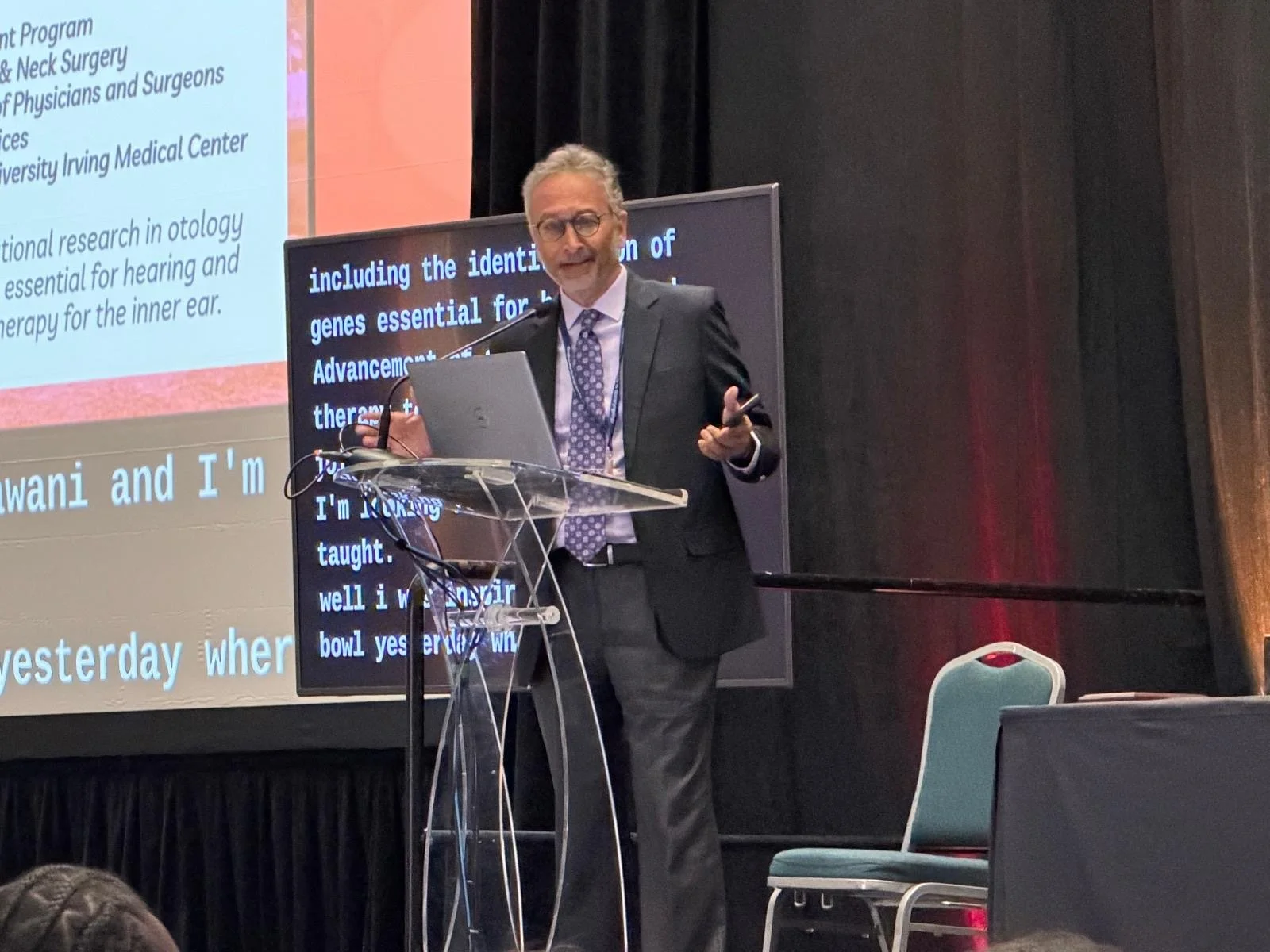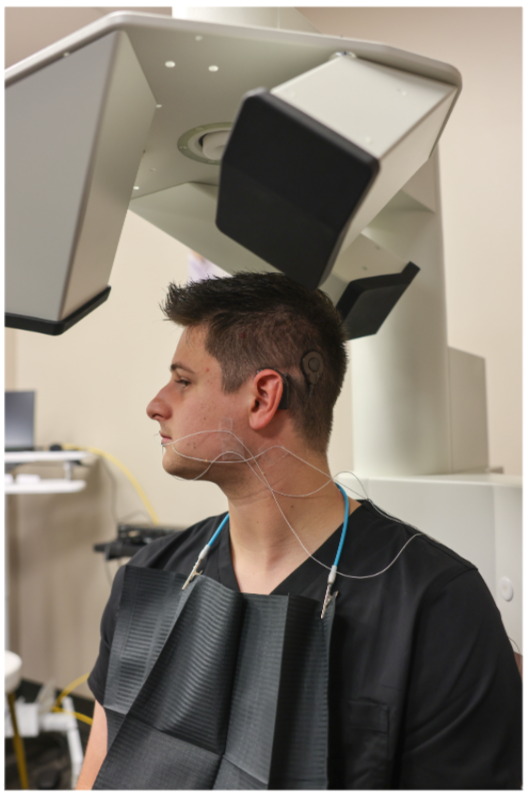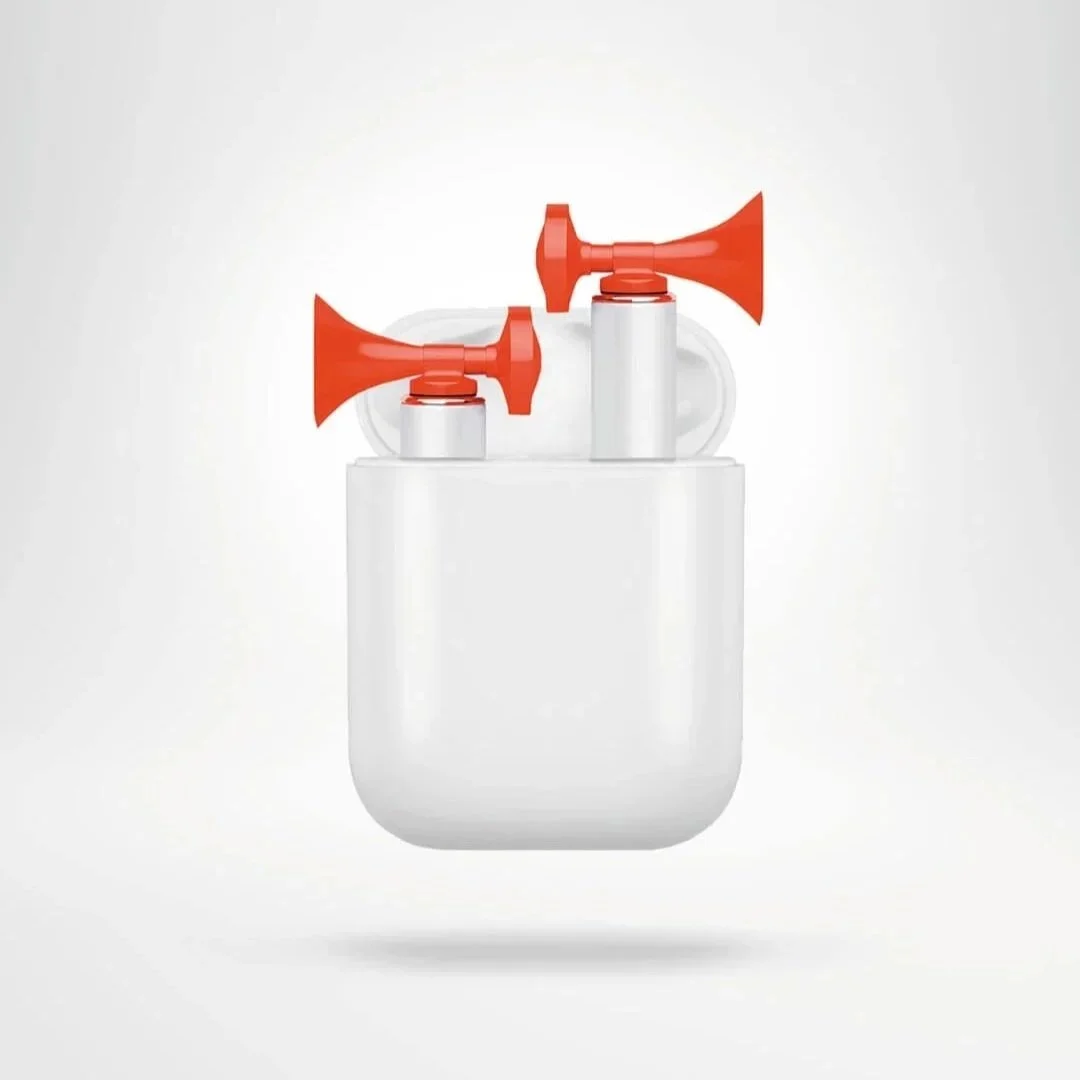Thank you for subscribing to updates from Hearing Health Foundation.
You will receive a confirmation email. Please note:
Our monthly digital newsletter is emailed to inboxes the first week of every month.
Our print and digital magazine, Hearing Health, is published quarterly, arriving by the end of the months listed:
Winter (January)
Spring (April)
Summer (July)
Fall (October)
Our grant alerts are emailed when applications open in October through to when applications are due in February.
Do you oversee a library, waiting room, event, or community meeting? Request multiple copies of Hearing Health magazine by filling out this form.
Latest Updates
Our new public service announcement “Let’s Listen Smart” recognizes that life is loud—and it’s also fun. And the last thing we want to do is stop having fun! We just need to listen responsibly.
Hearing contributes directly to independence, confidence, and how actively people participate in daily routines, and regular hearing checks deserve the same kind of attention people already give to routine doctor or dental visits.
We are proud that Hearing Health Foundation-funded scientists are always well represented at Association for Research in Otolaryngology MidWinter Meeting.
For individuals with long-term hearing loss or severely degraded auditory input, the lack of reliable auditory feedback represents a challenge many orders of magnitude greater than the temporary masking used in this study.
It bears repeating: What improves access for a group with a specific disability invariably also helps the greater population.
Because noise-canceling earbuds are so comfortable and block everything out, people wear them for three, four, five hours straight without realizing the cumulative effect on their ears.
I made one hat to solve problems, never imagining how many other adults and children would relate. It’s an honor to be able to give something back to the cochlear implant community that understands this journey so well.
These findings suggest that the ability to integrate what is seen with what is heard becomes increasingly important with age, especially for cochlear implant users.
Tinnitus Quest’s Tinnitus Hackathon prioritized active problem-solving, cross-disciplinary debate, and the development of a shared research agenda.
As the first known Black author to publish a 10-book children’s series centered on deaf, hard of hearing, and disabled heroes, I’ve created what I once longed for: stories where children see themselves as powerful.












The internship last summer provided my first real chance to step into hearing science and learn the experimental side of speech perception under the tutelage of a senior researcher.